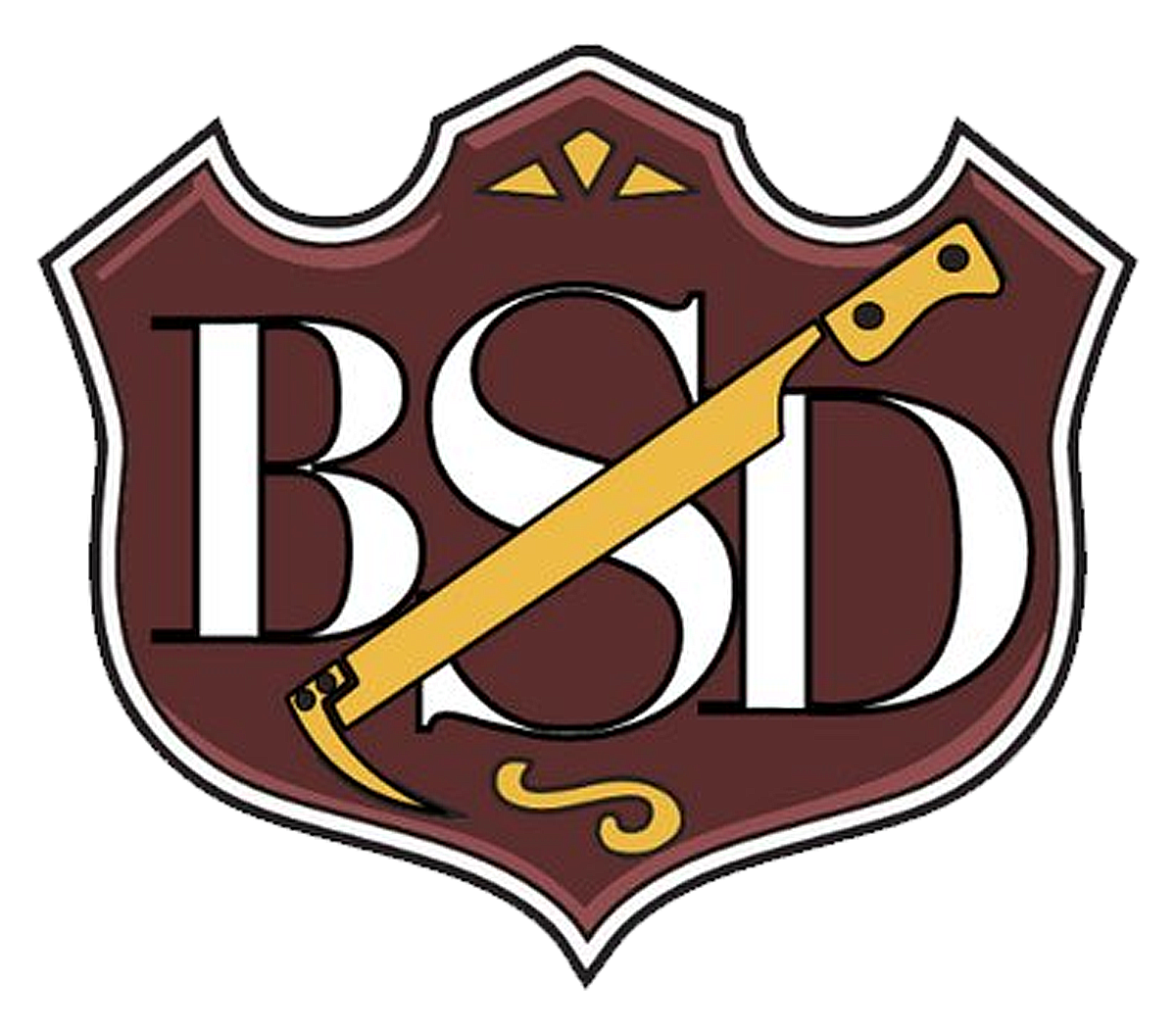Financial Transparency
Required Financial Transparency
Colorado Revised Statutes, 22-44-304
(Commencing July 1, 2019)
District Adopted Budget - Including Uniform Budget Summary (current and prior two years)
District Financial Audit (current and prior two years)
Financial Data File for FY19-20* (current and prior two years)
List of Waivers Received by the School District - N/A
Standardized Description and Rational for Each Automatic Waiver - N/A
Federal Form 990, 990-EZ, or 990-PF and any associated schedules - N/A
Plan for Distributing Additional Mill Levy Revenue or Statement of Intent to Distribute
All documents above must be posted or updated within 60 days after completion or receipt of the applicable report, statement or document.
*Financial Data File for FY19-20 is required to be posted no later than March 1st, 2021
Link to Financial Transparency Website View.
Disclaimer: Please consider the context when evaluating financial transactions. Some transactions may appear improper on the surface but are perfectly normal and justifiable when placed in the proper context. We welcome your questions regarding our financial transactions or records.
District Informational Summary
Brush School District No. RE-2(J), Morgan and Washington Counties, values open and honest communication with its many stakeholders: staff, students, parents, and taxpayers. In order to further this communication and to meet the requirements of the Colorado Revised Statutes, The Public School Financial Transparency Act, we created this financial transparency webpage.
We welcome your questions and comments regarding the District's financial transactions and records. Please do not hesitate to call or visit the District Office. The School Business Officer can be reached at 970-842-5176.
Additional supporting detail available upon request.
Colorado Department of Education School Finance Division
Financial Audit
Brush School District No. RE-2(J) shall complete an audit and submit the financial statement audit report to the Board by November 30 each year. The District must file audited financial statements with the Colorado Department of Education and the Office of the State Auditor by December 31 each year. Colorado Audit Law. Additionally, the District is required to upload the audited financial statements to the Electronic Municipal Market Access (EMMA) website as maintained by the Municipal Securities Rulemaking Board (MSRB). As required by the Office of Management and Budget's Circular A-133, the District submits an audit to OMB. The District provides a copy of the audited financial statements to its lending institutions and to bond rating agencies.
Annual Budgets
Budget Development
Revenue. Revenue assumptions, including general fund and grant funds, incorporate the most current revenue and economic information provided by the Colorado Department of Education ("CDE"). The total program projections for the general fund include assumptions for pupil count, at-risk pupil count, and per pupil funding (including inflation and the negative factor). CDE posts revenue projections on their website. Initial projections are based on the Governor's November Budget Request. Additional information on School Finance Funding can be found here, Understanding Colorado School Finance Brochure.
Expenditures. Salaries and benefits represent the largest expenditure for the District. Salaries are budgeted in accordance with the salary schedules, including work days, adopted by the Board. Benefits include the employer paid portion of Medicare and PERA and the employer paid portion of insurance premiums for medical, life, and vision insurance. The school building supplies budget is based on a per-pupil supply amount. Other significant expenditures include purchased services, energy, fuel, and property insurance. The District budgets expenditures for debt service (principal and interest) and capital purchases, including equipment and vehicles. The District budgets a contingency line item for unanticipated expenditures for special education and other risk areas.
Fund Balance. The District must maintain a three percent emergency reserve (TABOR). The Board maintains, at a minimum, a 17% reserve in the general fund in addition to TABOR. Finally, $300,000 per year is assigned for estimated boiler and HVAC replacements at the middle and high school.
Five-year Plan. All budget projections occur in conjunction with the development and approval of the District's five-year plan.
Process. The budget kickoff begins in January to allow the community and stakeholders ample time to provide input and feedback for the proposed budget. Public meetings are held from January to June with multiple groups, including the Board, District Accountability Advisory Committee (DAAC), Meet 'n Confer, building administrators, building leadership teams, and building accountability committees. All interested parties are encouraged to attend these meetings and may call the District Office or refer to the District calendar for schedules.
Zero Based Budget process: define needs and goals, research best practices, gather community feedback, identify resources, prioritize investments, review scenarios, and present final recommendations to the Board for adoption.
